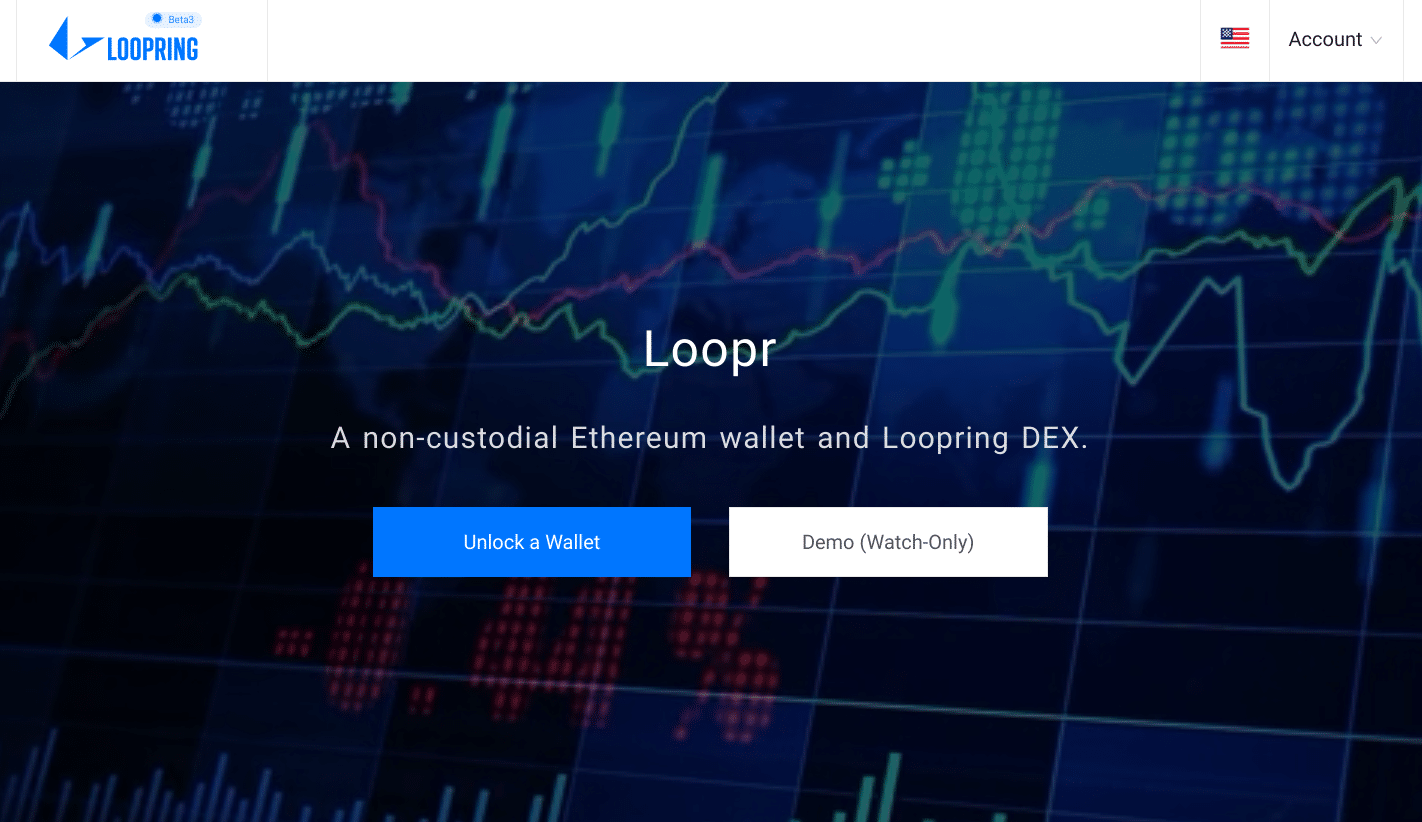
LRN: The Loopring Neo Token
Loopring has quickly gained visibility as one of the decentralized exchange options that’s making progress on trading across multiple blockchains. Loopring’s solution utilizes ring transactions and order matching to facilitate asset exchanges. Essentially, it aggregates the order books of other exchanges. This allows any exchange, decentralized or centralized, to utilize Loopring’s protocol to match orders. Part of providing an open protocol is remaining blockchain agnostic. Hence, Loopring has launched an initial currency on Ethereum (LRC), but it also plans to launch Loopring NEO (LRN) and Loopring QTUM (LRQ).
The plans to launch Loopring NEO are coming along. The distribution of the new tokens, LRN, has already begun. Essentially, the token distribution involves two phases: an investor sale and an airdrop. This guide will look at both phases, how to buy LRN, and what to expect from Loopring NEO.
Why Another Token?
Daniel Wang, Loopring Founder
The big selling point of Loopring’s exchange solution is you never have to deposit funds to Loopring. With most exchanges, even other decentralized exchanges, you still have to transfer funds to their wallets. On Loopring, you can keep your funds in your own private wallet when trading.
Of course, that creates a challenge for Loopring because the exchange no longer controls the wallet and that means smart contracts need to do the work of verifying that transactions are legitimate and confirmed. When a trade occurs, it happens user to user, with no middleman. Loopring finds the match and coordinates the terms of the trade, but it never controls the assets.
This gets to be tricky when you want to trade across the major blockchain ecosystems. An Ethereum smart contract can’t enforce its rules on the NEO blockchain. In the absence of a unifying cross-chain solution, Loopring actually has to exist separately on each blockchain. The Loopring NEO ecosystem will be distinct and separate from the Loopring Ethereum ecosystem. This includes having its own development team and business managers.
Loopring needs another token sale for LRN because it’s basically launching an entirely new version of itself. Everything they implement on Ethereum they’ll have to implement again on NEO. The same goes for QTUM.
So what’s the deal with this token distribution event?
LRN Distribution
The token generation will have the following distribution:
- 60% Airdrop
- 30% Sale to Investors
- 5% Core Developers
- 5% Incentives for Partners, 3rd Party Devs, & Marketing
The total supply of LRN will be 139,507,605.45. This is exactly 1/10 of the total supply of LRC. However, the currency isn’t necessarily less or more valuable based on total supply. The number of LRC doesn’t matter. What matters is the portion of the total supply you own and the growth of Loopring NEO’s market capitalization.
LRN Token Sale
Loopring NEO is selling LRN to accredited investors around the world. They’re using the Simple Agreement for Future Tokens (SAFT) framework for these token sales to maintain compliance. This means that private investors enter into a legal agreement to receive tokens once the network is operational. Regulators like the SEC might view an ICO investment as a securitized asset because no product exists. Using SAFT, projects and investors are basically doing an end run on regulators, promising tokens once the network is operational and the tokens have real utility.
The LRN token sale is private and limited to accredited investors in specific countries. From Loopring:
“Residents of USA, Canada, Cuba, Iran, Iraq, Syria, North Korea, Singapore and China can’t participate in the token sale due to national legal regulations. All applications will need to go through our KYC and AML process.”
So unless you’re an accredited investor outside those countries already on Loopring’s private sale list, chances are you’re not going to get in on this token sale.
In fact, as of writing, Loopring NEO has already completed two rounds of private sale for LRN. The first round sold LRN at $0.75 each while the second round sold the tokens at $1.00 each. A final round of private sale will happen in the next three months. In total, between all three rounds, Loopring will distribute 30% of the total supply of LRN.
LRN Airdrop
For the general public, your best bet at getting LRN at inception is through the airdrops. LRN will have three separate airdrops where the holders of Loopring Ethereum (LRC) will receive LRN.
The three LRN airdrops will happen on July 5th, 2018; September 5th, 2018; and November 5th, 2018. Each airdrop will be 20% of the total supply of LRN, adding up to 60% of the total supply as designated in the token allocation.
Participants in the airdrop will receive LRN at a ratio of 100 LRC:2 LRN for each of the three airdrops. If you hold 100 LRC at each of the three snapshots, for example, you’ll receive a total of 6 LRN. This ratio is thanks to LRN’s smaller total supply and only 60% of that supply going to airdrops.
To receive your LRN you need to hold your LRC in a wallet that’s capable of binding to the airdrop contract. Exchange wallets will not work. Some hardware wallets allow you to sign smart contracts. You will be able to use MyEtherWallet to do so. Alternatively, you can use loopring.io to bind your wallet address to the contract and share the target address on the NEO blockchain for your new LRN.

Precise instructions on how to do so are forthcoming. They’ll be available well before the July 5th airdrop. However, you should have your wallet funded and bonded ahead of time. Loopring will not announce the block height at which they’re taking the snapshot ahead of time. This is to prevent people from gaming the system.
How to Buy LRN on the Exchanges
The first two tranches of private investor LRN are set to disperse shortly, and five exchanges have already announced they’ll be supporting trading pairs for LRN. If you don’t have LRC (or don’t want to buy LRC) for the airdrop, you’ll be able to buy LRN directly.
Gate.io, Cex.io, Syex.io, Idax.mn, and Bitpaction will all launch LRN trading pairs.
How to Store LRN
You’ll be able to store LRN on any NEO-compatible wallet. It’s an NEP-5 token. We recommend the Neon wallet or a Ledger Nano S.
Conclusion
Loopring is one of the first projects to attempt launching across multiple blockchain ecosystems. This experiment is interesting and exciting. It also has the potential to be lucrative if Loopring continues to increase in value.
Getting your hands on LRN is by no means settled. You’ll want to follow Loopring closely on their blog and social media to stay up to date with the plans as the snapshot approaches. Daniel Wang, the Founder, usually has very clear, actionable information in his posts, so keep an eye out.
Additional Resources
- Loopring Website
- Blog post about the sale/airdrop
- More details on the airdrop
- Medium
- Subreddit
The post Loopring NEO: All About the LRN Token & Airdrop appeared first on CoinCentral.

Coincentral.com is author of this content, TheBitcoinNews.com is is not responsible for the content of external sites.
Our Social Networks: Facebook Instagram Pinterest Reddit Telegram Twitter Youtube










